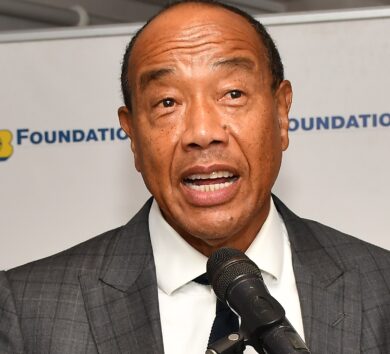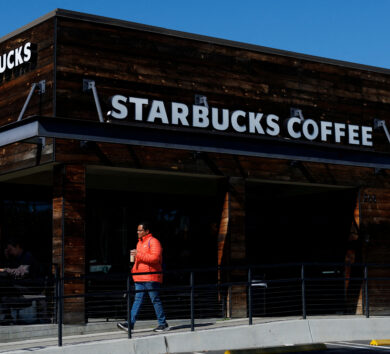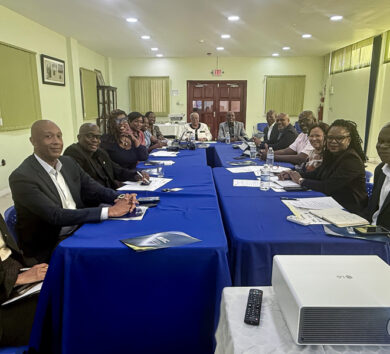
The American subsidiary of Jamaican and Canadian cross-listed medical cannabis company, Tree of Knowledge International (TOKI) Inc, had its assets and other defendants frozen by the Canadian Superior Court.
This was done in respect of the ongoing dispute as between Chu de Québec – Université Laval (the “Plaintiff”), and TOKI’s US subsidiary and certain third parties (collectively, the “Defendants”). The Ontario Superior Court has ordered a Mareva injunction with respect to the assets and operations of the defendants.
In a regulatory filing to the Jamaica Stock Exchange (JSE), where its shares are cross listed, the company pointed out that as disclosed in its financial statements on August 6, 2020 that a claim was filed by Chu de Québec – Université Laval against the defendants, of which only the American subsidiary was identified in the regulatory filing, which came in the form of a statement by the company. In its claim now before the Ontario Superior Court, “the plaintiff is alleging, inter alia, breach of contract related to a contract arranged by TOKI’s US subsidiary, Tree of Knowledge US Inc.
No merit to the claim declares TOKI
In its filing to the JSE, TOKI claims, “it has always been the position of management of TOKI that TOKI has been misnamed by the plaintiff such that there is no merit to the claims made against it. Pursuant to the claim, the plaintiff seeks damages in the amount of approximately US$11.2 million (the “Claim Amount”) as well as punitive damages of CAD$500,000. The company continues to vigorously pursue its defenses.”
According to the TOKI statement, “the contract in dispute is with respect to certain personal protective equipment sold by TOKI US to the plaintiff, as arranged by a US-based director and officer of TOKI without TOKI’s direct involvement, from which there was no material net benefit to TOKI. In conjunction with the claim, the defendant has received an interim Mareva injunction order from the Ontario Superior Court (the “Order”) whereby, in accordance with the order, while the order is in place, each of the defendants is restricted from selling, encumbering or assigning assets over and above the claim amount.”
In addition, “the order restricts TOKI from expending monthly business expenses of greater than USD$100,000 (or USD$25,000 on any single transaction) without the reasonable consent of the plaintiff. An investigative receiver has been appointed under the order to provide a report to the court with respect to the current assets and accounting of the defendants, and a review of any transfers or disbursements made by the plaintiff pursuant to the claim.”

“The order is immediately discharged upon payment by the defendants into court of an amount equal to the claim amount, which amount is currently being arranged by certain of the defendants and is anticipated to be completed in the next few weeks,” read a section of the statement. Notwithstanding, the defendants are continuing to aggressively defend the action on its merits and are confident that they will be successful in discharging the claim.
TOKI still suspended from trading on local stock exchange
In the meantime, trading in TOKI’s shares remains suspended on the local stock market even though the firm has complied with the JSE rules for which it was penalized. The JSE suspended trading in TOKI shares on October 16 this year over the company’s failure to file its second quarter financial statements for the period ended June 30, 2020.
In a statement then, the equities regulator reported that “the decision to suspend TOKI is based on the fact that the company has breached Rule 407 – Quarterly Financial Statements, which states that companies with quarterly financial statements which are 45 days overdue shall have trading in their shares suspended until the reports are submitted to the JSE.”
However, TOKI has since provided financial information for its second and third quarters but the suspension will not be lifted.







Comments